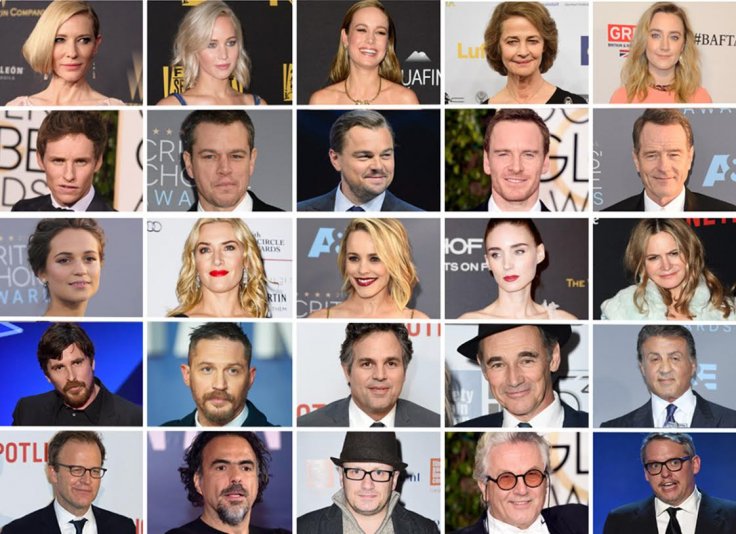Injustice in the Oscars
February 1, 2016
The Oscars – Hollywood’s biggest night. The night that, as Neil Patrick Harris has said, represents “Hollywood’s best and whitest – sorry, brightest.”
For two years in a row, the Academy Awards has not had one person of color in its best actor category nominations. After the nomination announcements on January 14, Hollywood and the press were in an uproar. Spike Lee, an honorary Oscar recipient, and Jada Pinkett Smith have officially stated they are going to boycott the Oscars based on the lack of black nominations. But what is the big deal about this? Why does it seem that everyone is talking about the lack of diversity in the Academy Awards? Because it represents not only a problem with racism in an established organization, but also a problem in one of the highest-earning industries in the world.
First, some basic facts. In the acting category, one that is arguably the most important category of the Oscars, only 44 nominations have gone to African-American actors. Of those 44 nominations, 12 of them led to the Oscar being won by an African-American. In perspective, there have been over 16 thousand nomination slots in the acting category in the Oscar’s 88-year history. Last year, only two people who were not white won an Oscar: Alajandro G Innaritu for best director, and John Legend for best song.
Now, there may be the simplified argument that, for the past two years, there have been no worthy performances by people of color. But this is the exact reason why this is an issue of the filmmaking society. There is the logical issue in the film industry that studios only pass scripts and films that sell. It makes sense. But there is a misguided belief that only movies about a white dude getting past a problem sell. Oscar recipient Whoopi Goldberg on the View, “The idea is that there is no place for black movies … there has never been a plethora of black movies made. People believe we don’t want to see movies with black people in them.”
The fact that only white movies sell can be disputed in that the highest grossing movie of the year, Star Wars, starred a black man in a leading role, and that Ride Along 2, a traditionally black movie, took Star Wars out of the number one spot.
Even with Ride Along 2’s success, the problem remains that Oscar-worthy scripts are not being offered to people of color.
Equal representation in the Oscars is easily disputed based on the general demographics of the United States. The country has a primarily white population, but filmmakers are mainly looking at the demographics of large cities such as Los Angeles, New York, and Atlanta. All of these cities have a 50% or less white population. Most interestingly Los Angeles, which has a primarily Hispanic and Latino population, is the primary hiring location of most films. Hispanics have less representation than blacks in the Oscars, with only 8 total nominations. Again, this is a problem of the filmmaking industry – simply, there are no roles being created for people of color.
In the general population, who cares if a white guy or a black guy gets a golden man or a movie made about him? It is because movies have become essential to American and international culture. Over $7 billion was spent on movie tickets last year, not counting DVD and merchandise sales. Movies like Star Wars, Jurassic World, and the Avengers have assisted in defining our culture in the past year. Representation matters when you are talking about an industry this large. The Oscars define the top actors, directors, editors, and cinematographers in film. When a little kid doesn’t see someone with their skin color they don’t feel significant, they don’t feel like they can be the best. The Oscars is not the problem, it’s a reflection of the problem.
But we can have an impact. Social media has become one of the most powerful ways for the masses to voice their opinions. The hashtag #Oscarssowhite took over twitter in 2015 and is coming back for 2016. The reason it’s a trending topic was because ordinary people took action and voiced what was wrong. We also have the power of the dollar. We decide what movies to see. Show your support by buying a ticket to see a person of color in the movies. Show the studios that these movies do, in fact, sell. We have the power to create change in what we see. We have the power to ensure there will always be a place for people of color.


